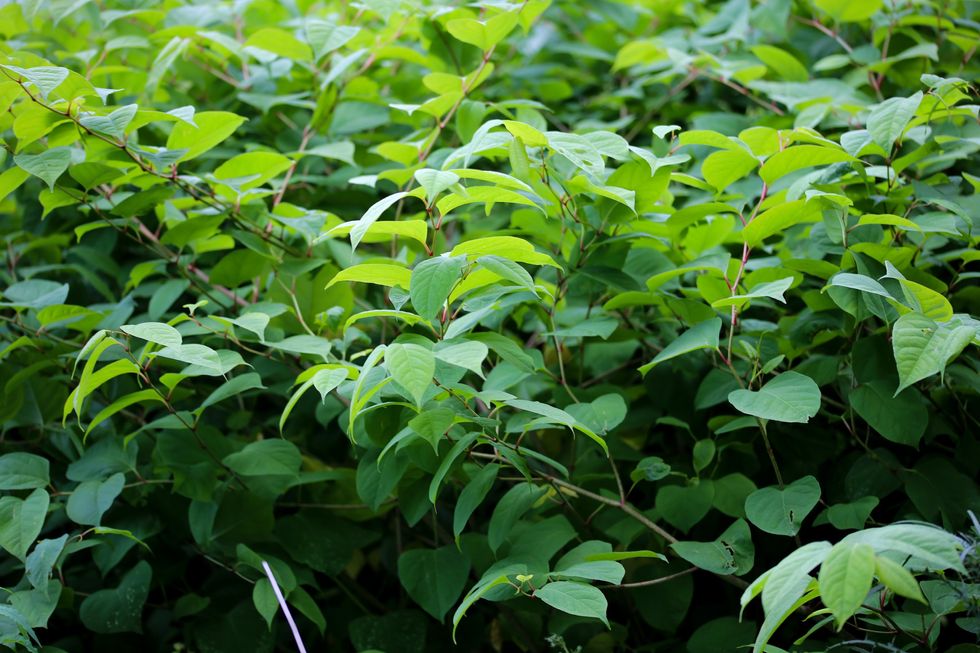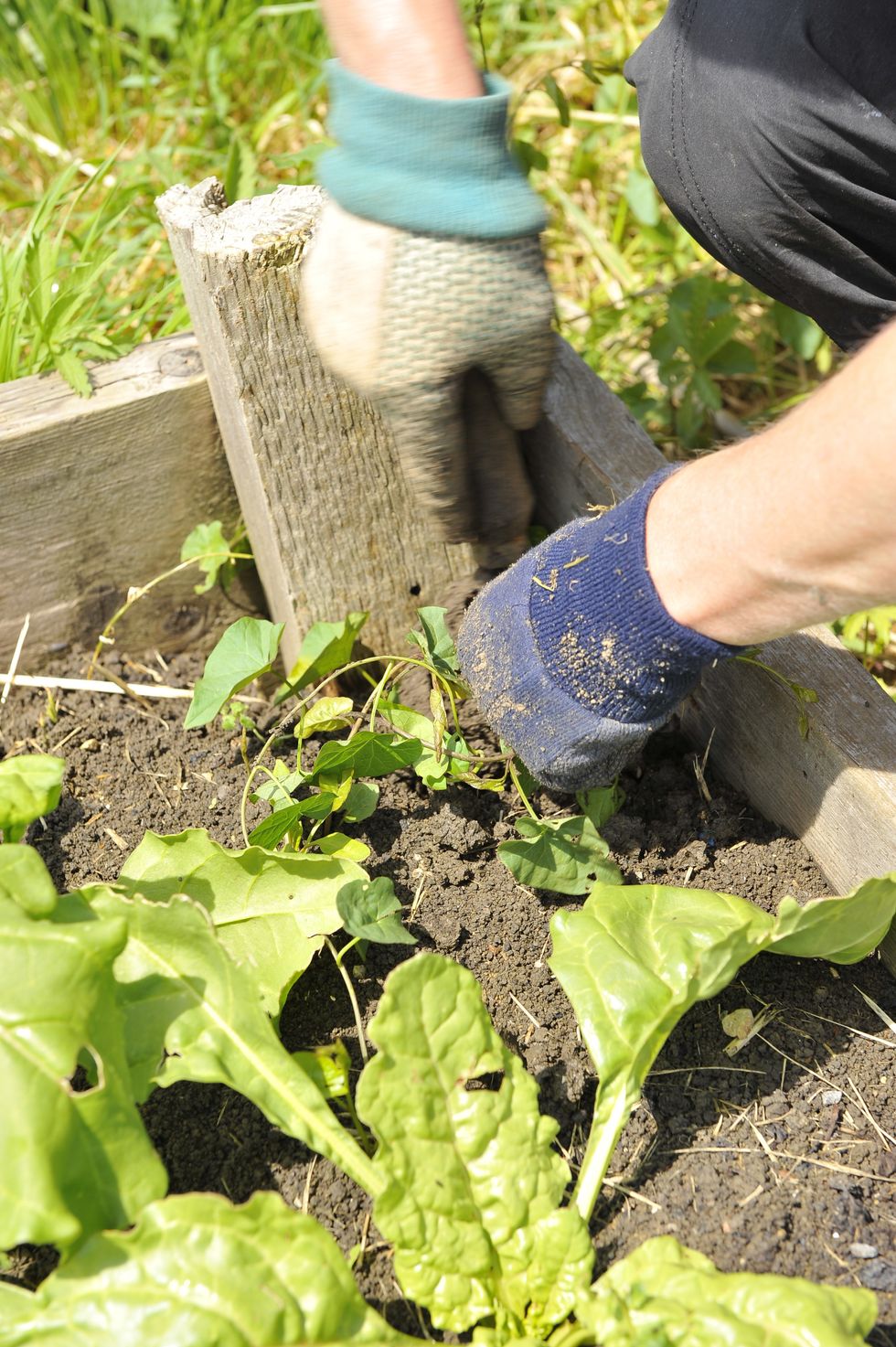Inside King Charles' garden at Highgrove as Alan Titchmarsh visits
BBC
Activities you do in your garden could be accelerating the spread of harmful weeds
Don't Miss
Most Read
Trending on GB News
Spring has arrived, bringing with it the unwelcome return of invasive weeds across Britain. Japanese knotweed, horsetail and bamboo are among the 'space invaders' now emerging in gardens nationwide.
These aggressive plants are spreading at an "alarming rate", and experts warn that homeowners may be inadvertently helping them flourish through digging, building work and composting.
According to specialists at Japanese Knotweed Ltd, common gardening activities that seem harmless are actually creating perfect conditions for these weeds to thrive.
The problem is particularly concerning as these invasive species can cause significant damage to properties and gardens if left unchecked. Early identification and proper treatment are crucial to prevent these unwanted visitors from taking over completely.

Japanese knotweed is a particularly problematic weed
GETTYHomeowners across the UK are unknowingly fuelling the spread of these invasive plants through everyday garden activities, according to experts. What many consider to be routine maintenance or improvement work can actually create ideal conditions for weeds to establish and spread rapidly.
The problem stems from the nature of these invasive species, particularly those with rhizomatous growth habits - meaning they spread via underground root systems.
When these root systems are disturbed, rather than killing the plants, it often encourages more vigorous growth and wider dispersal.
Experts have identified five specific gardening activities that are particularly problematic and should be avoided to prevent making the situation worse.
The first activity to avoid is disturbing the ground. Digging, weeding or turning soil creates perfect conditions for spreading underground roots of invasive species.
Building work is equally problematic. Excavation for sheds or driveways stirs up the ground, giving weeds like knotweed an opportunity to spread rapidly.
Never compost plant waste from invasive species. Not only is it ineffective, but for plants like knotweed, it's actually illegal.
Laying patios and pathways involves soil disturbance that encourages rhizomatous plants to spread further and faster. Creating ponds or water features might seem harmless, but the digging involved stimulates more vigorous growth of unwanted invasive plants.
Sales and marketing director at Japanese Knotweed Ltd Ben Lindley said: "Spring is when many invasive species start to appear, but it's not always the right time to begin treatment. The key is identifying the problem early and planning your approach carefully so that you can take action at the right time."
Professional treatment options exist for controlling these persistent weeds.
Methods include targeted herbicide application to suppress growth and excavation to remove all parts of the plant both above and below ground.
LATEST DEVELOPMENTS

Experts recommended getting rid of your weeds quickly
PAEarly intervention is crucial, as Ben warned that allowing invasive plants to spread to neighbouring properties could result in legal disputes. If you suspect invasive weeds in your garden, experts advise not to panic, but also not to ignore the problem.
Take a photo and send it to a specialist for proper identification. Avoid cutting or digging the plant, and never add it to your compost - some species are subject to legal restrictions regarding disposal.
Consider booking a professional survey, particularly if the plant is near a boundary with neighbours.
Ben added: "If invasive species, like knotweed, are near your property boundary, taking action is crucial. Allowing the plant to spread to neighbouring properties could result in a legal dispute and a private nuisance claim.
"Acting now can save you significant time, money, and hassle in the future. Preventing these weeds from taking hold is always far easier and cheaper than dealing with the consequences later."








